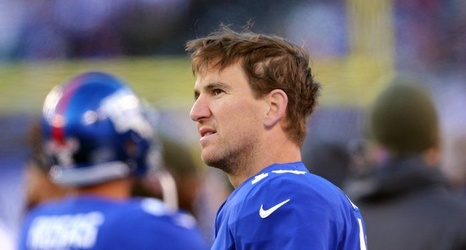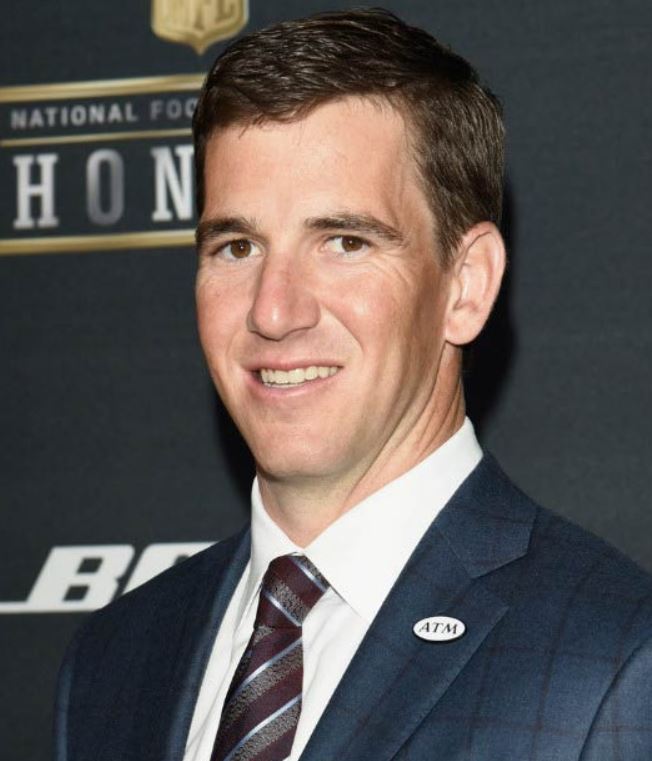


Manning was inducted to the College Football Hall of Fame in 1989. He was fourth in the Heisman Trophy voting in 1969 and third in 1970. In 1969, Manning was Mississippi Sportsman of the Year and recipient of the Nashville Banner Trophy as Most Valuable Player in the Southeastern Conference in addition to winning the Walter Camp Memorial Trophy. In both 19, he was named to the All-SEC team and his No. In his college career, he threw for 4,753 yards and 31 touchdowns (despite 40 interceptions) and ran for 823 yards. However, the rest of the team was not at his level and despite Manning's considerable talent the Rebels had a record of only 15–7 in his last two years. In the biopic-documentary Book of Manning, Manning said that he considered dropping out and getting a job to support his mother and sister, but his mother persuaded him to return to college and not put his rising football career to waste. Archie, who was home from college for summer vacation, was the first to discover Buddy's dead body. In the summer of 1969 his father, Buddy Manning, committed suicide. Archie was selected in the Major League Baseball draft four times, first in 1967 by the Braves, twice by the White Sox, and finally by the Royals in 1971. His mother was "a ubiquitous presence at all of his games, no matter what the sport or level." Manning attended Drew High School. Instead, Archie III drew his inspiration from a local high school sports star, James Hobson. His father, known as "Buddy", was interested in Archie's sports activities, but the nature of his job left him little if any time for attending games. He grew up heavily involved in football, basketball, baseball, and track. Born in Drew, Mississippi, Manning was the son of Jane Elizabeth (née Nelson) and Elisha Archibald Manning Jr.


 0 kommentar(er)
0 kommentar(er)
